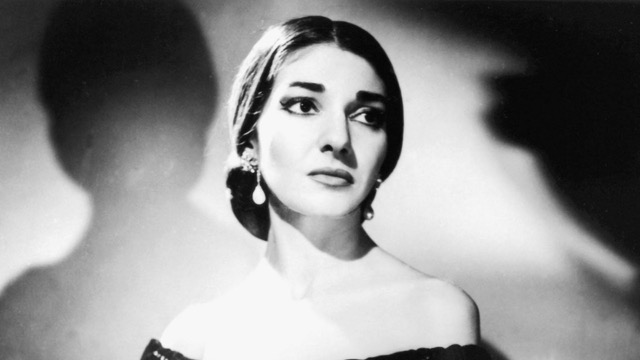Opera singers, like anyone doing a job in the public eye, get asked a lot of questions. Audience members and fans are keen to find out what their lives are like, where their careers are heading next and their favourite roles on stage, among other things.
But no matter how enthusiastic you are to find all of this out, there are some questions that are best left alone. Here we take a look at several.

What’s your next project?
If the lead soprano or tenor has just blown you away with their performance, it may seem like a natural thing to ask where their next stop is. However, the majority of opera singers won’t thank you for it.
As with other areas of music and the arts, the opera industry is frequently not a source of steady employment. Many singers work on a self-employed basis and have other jobs on the side to get by, since they may only have a performance every few months.
As singer Rebecca Hass explains in an interesting blog post, a singer can be left in an awkward position if they don’t actually have something spectacular to tell you about. And as she also says, if their is a big project coming soon, the singer certainly won’t be shy about letting you know!
Have you ever appeared in Phantom of the Opera?
Before you speak to an opera singer, it’s probably best to no the difference between a musical and an opera. But according to soprano Chelsea Feltman, it is one of the most common references people make when they find out she is a singer.
She debates whether it is best just to let the mistake pass or point out the error to the questioner.
Part of the reason for this sort of confusion is the lack of publicity opera receives, and the budgetary difficulties that a growing number of opera companies are facing which make it much harder to promote the art form.
What tends to be described as opera on popular tv shows or online often has very little to do with what it in reality is. This leads to the other dreaded question identified by Feltman: when are you going to be on American Idol?
Can you sing something for me?
Opera singers are capable of producing breathtaking performances, but they are human beings too, not machines. So you can’t expect someone to just turn their voice on and off.
And if you’ve had hours of rehearsals or even just completed a gruelling performance, it’s probably the last thing you want to do.
Don’t you want a real job?
So yes, we mentioned earlier that work can be a bit unsteady for many, but that’s no reason to dismiss a job in the music industry as a bit of fun rather than a real career.
It’s so easy to get a false picture of the demands and requirements placed on opera singers, as with musicians in general, by just watching an evening performance.
Isn’t it all about getting dressed up, going on stage and playing your favourite music? This forgets the hundreds of hours of training that go in to making a professional singer, and that’s not just practicing vocals.
Don’t you think you should be watching your figure?
As with other areas of public life, the classical music industry in general and opera in particular has not escaped controversy over the appearance of its performers.
Long time ago, a performance by Irish soprano Tara was overshadowed by superficial comments about her body. As many artists have rightly pointed out, such remarks distract from what really matters in opera: the power of an individual’s voice to tell a story and inspire an audience.

Surprised they have not asked how mach money an opera singer makes … Opera lovers ….